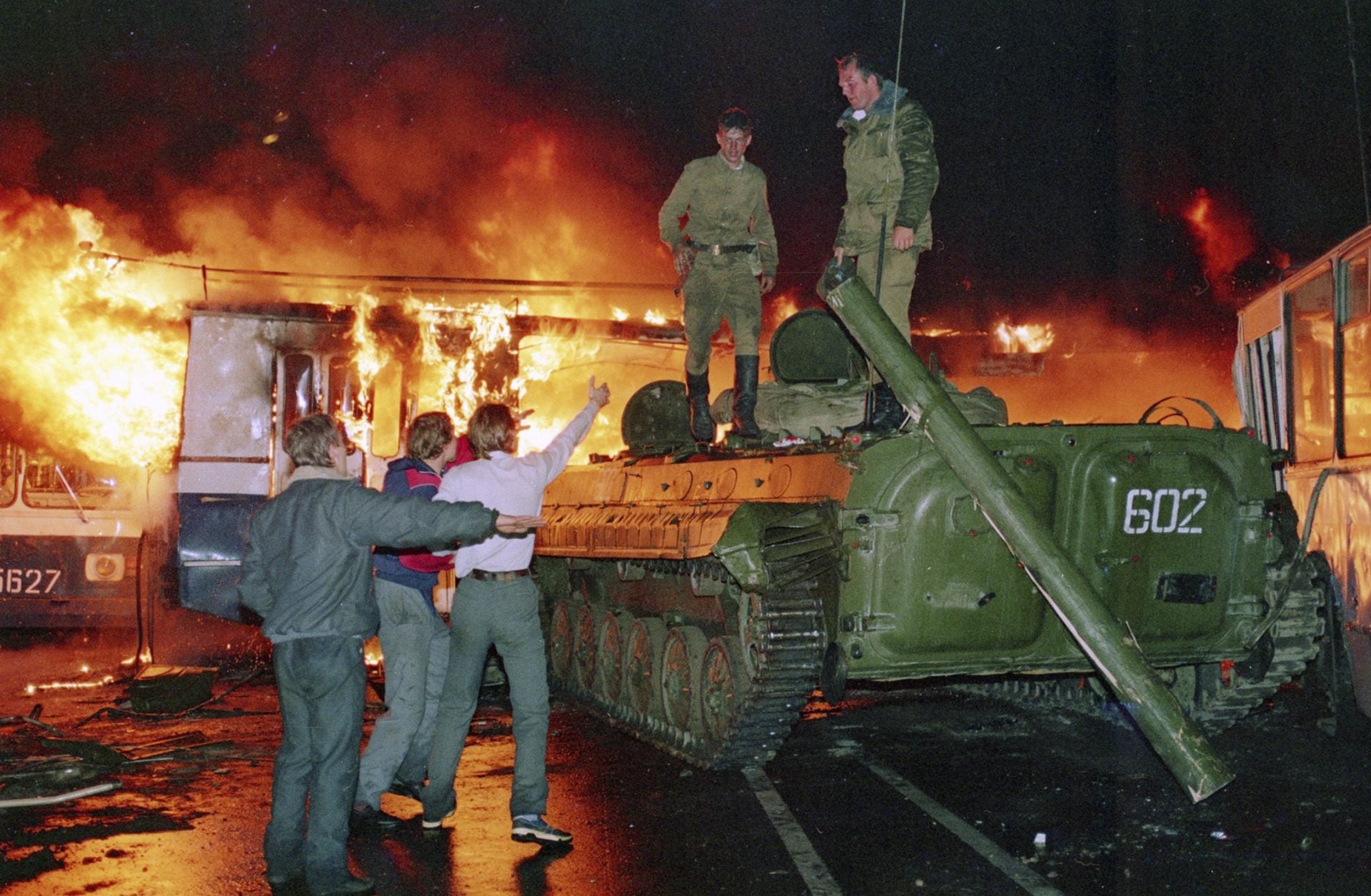For Britons, the Soviet collapse may be a lesson in the unintended consequences of referendums
In March 1991, the citizens of nine Soviet states voted in a referendum on whether to hold together the country in a way that devolved power out to the republics. Championed fiercely by Soviet leader Mikhail Gorbachev as a way to avoid a potential “disaster for this country, for Europeans, for the entire world,” the referendum passed.


In March 1991, the citizens of nine Soviet states voted in a referendum on whether to hold together the country in a way that devolved power out to the republics. Championed fiercely by Soviet leader Mikhail Gorbachev as a way to avoid a potential “disaster for this country, for Europeans, for the entire world,” the referendum passed.
The vote triggered a cascade of unexpected consequences, most prominently a coup attempt against Gorbachev that August. That was when the state lost its power to terrify people into submission. And on Dec. 26, 1991—nine months after the referendum—the Soviet Union ceased to exist.
Could the June 23 decision of the UK electorate to leave the European Union unleash a similar wave of unanticipated consequences? Critics of the referendum result say that not only could the EU come apart, with other member states deciding it is each man for himself, but so too could the UK itself—with Scotland and Northern Ireland perhaps electing to stay with the EU, leaving a shrunken England.
UK-born Fiona Hill, a longtime Russia expert at the Brookings Institution in Washington, sees deep analogies between the Brexit vote and Gorbachev’s “Union Treaty,” as the USSR referendum was known. “Like the fall of the [Berlin] wall and the collapse of the Soviet Union, the fallout from Brexit could have momentous consequences,” she writes in a post for the Brookings website. She goes on:
At the end of the divorce process, without careful attention from politicians in London, England could find itself the rump successor state to the United Kingdom. If so, another great imperial state will have consigned itself to the “dust heap of history” by tying its future to a referendum.
The comparisons with the Soviet collapse aren’t precise—the Gorbachev referendum was incidental, not pivotal, to the country’s disintegration, which was in motion anyway. But in triggering the August coup attempt, which many historians regard as the death knell for the Soviet Union, the referendum was an undeniable inflection point, with grave unintended consequences.
“In the wake of the referendum on leaving the European Union,” Hill writes, “British Prime Minster David Cameron seems to have put the United Kingdom on a similar, potentially catastrophic, path.”